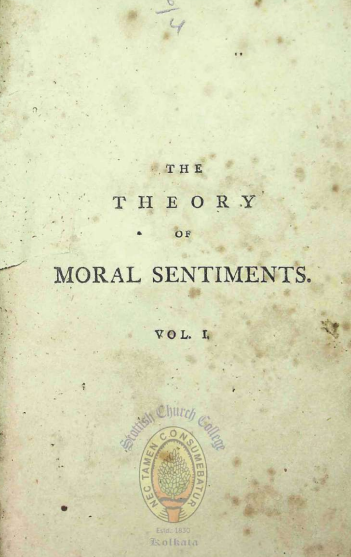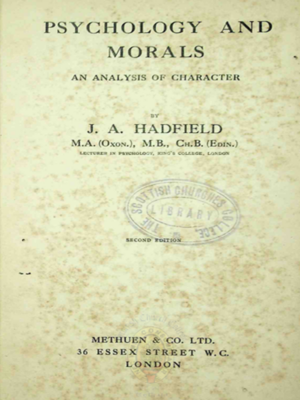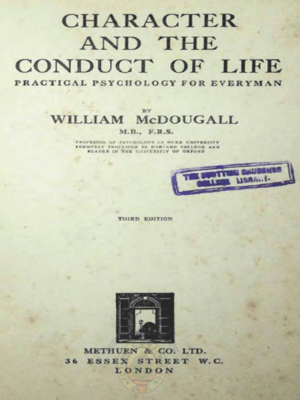Description
The Theory of Moral Sentiments by Adam Smith is a foundational work in moral philosophy and the precursor to his famous The Wealth of Nations. In this book, Smith explores the nature of human morality, the sources of ethical judgment, and the emotions that guide human interactions. He introduces the concept of the “impartial spectator,” a hypothetical observer who helps individuals evaluate their own actions and those of others from an objective standpoint.
Smith examines the role of sympathy, or the ability to understand and share the feelings of others, as the foundation of moral judgment. He argues that our sense of right and wrong is not derived from self-interest alone but from our natural inclination to care about the welfare of others. The book delves into the complexities of human behavior, including justice, virtue, and the ways in which societal norms influence ethical conduct.
The Theory of Moral Sentiments is essential reading for students of philosophy, economics, and the social sciences. It offers profound insights into the psychological and social aspects of moral decision-making, as well as a philosophical understanding of how humans develop systems of ethics. Smith’s ideas laid the groundwork for modern discussions on empathy, moral philosophy, and the relationship between individual actions and societal well-being.





